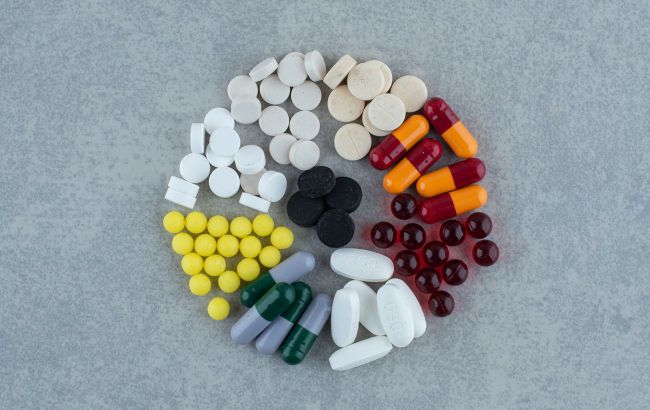Warning: Overdosing on this popular vitamin can be harmful
 Illustrative photo (Photo: Freepik)
Illustrative photo (Photo: Freepik)
Niacin, or vitamin B3, is a common ingredient in the Western diet. Overdosing on it carries consequences for the body, according to Strona Zforowia.
What you need to know about niacin
Niacin, also known as vitamin B3, is a common ingredient in rejuvenating procedures and dietary supplements, as there is research suggesting that it can slow down the aging process.
Initially, niacin was one of the first drugs designed to lower LDL cholesterol levels, but it eventually proved to be less effective than other pharmaceuticals with similar effects.
Some studies have linked this to negative effects on health and higher mortality rates.
Despite lowering cholesterol levels, its clinical benefits have always been less than expected based on the degree of LDL reduction. This has led to the belief that an excess of niacin causes unclear side effects, which partially negate the benefits of lowering LDL.
Now it has been found that every fourth person takes too much of this vitamin.
As a result, there is an excessively high level of its breakdown product in the blood - the compound 4PY, which may be responsible for cardiovascular diseases. Large clinical trials have shown that higher levels of 4PY are strongly correlated with the risk of heart attack, stroke, and other adverse cardiac events.
Scientists have also shown that 4PY directly causes inflammation of blood vessels, which damages components of the circulatory system and can eventually lead to atherosclerosis.
Is vitamin B3 supplementation harmful?
According to the author of the study, the main problem is the use of over-the-counter dietary supplements containing various forms of niacin. In addition, products that provide several hundred or even thousand percent of the daily requirement of individual B vitamins are becoming increasingly common.
Patients should always consult with a doctor about dietary supplements and focus on a daily diet rich in fruits and vegetables and low in carbohydrates.
"However, the main conclusion is not that we should completely restrict niacin intake," emphasizes Dr. Hazen, the study's author.
Dr. Hazen compares the current average niacin intake of the population to a faucet pouring water into a bucket. When the bucket fills up, the water starts to spill out.
The same applies to excessively high concentrations of vitamin B3. The human body needs to process it, so a high level of its various metabolites, including 4PY, is present.
Read also about which products slow down aging after 40 and strengthen health.
As we wrote earlier, some people should avoid eating apples.
This material is for informational purposes only and should not be used for medical diagnosis or self-treatment. Our goal is to provide readers with accurate information about symptoms, causes, and methods of detecting diseases. RBС-Ukraine is not responsible for any diagnoses that readers may make based on materials from the resource. We do not recommend self-treatment and advise consulting a doctor in case of any health concerns.

